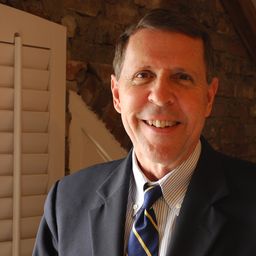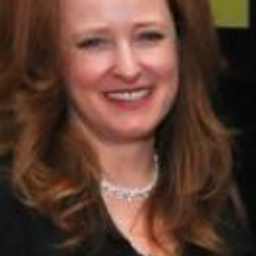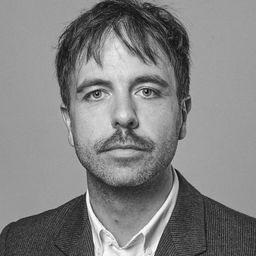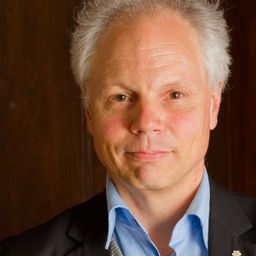
Sessions auxquelles Lea Vene participe
Mardi 7 Juin, 2016
Sessions auxquelles Lea Vene assiste
Vendredi 3 Juin, 2016
What does heritage change for tourism? | Le patrimoine, ça change quoi au tourisme? Ce débat veut interroger les relations entre le tourisme et le patrimoine et dépasser ainsi les idées reçues sur l'antagonisme entre le tourisme "corrupteur" et le patrimoine qui en serait la victime. Il s'agit donc de repenser le tourisme comme un réel acteur du patrimoine, de sa valorisation et de son appropriation, y compris par les populations locales. Cela présuppose, au p...
Qu’est-ce que le patrimoine change à Montréal? Qu’est-ce que Montréal change au patrimoine? Ce débat vise à mettre en discussion l'évolution et le devenir du patrimoine dans la métropole du Québec en interrogeant les motifs de l'attachement (ou de l'indifférence) de la société civile et des décideurs, mais aussi en questionnant les moyens dont ils disposent pour agir sur le patrimoine. Au-delà de la fameuse "pierre grise" et des matériaux expressifs de l'identité historique de Montré...
Welcome addresses and cocktail, followed by the Concordia Signature Event "The Garden of the Grey Nuns". As the opening ceremony and cocktail take place in the former Grey Nuns' Motherhouse, recycled into campus residence and reading rooms by Concordia University, delegates will also have the possibility to discover the video Three Grey Nuns (3 minutes, by Ron Rudin and Phil Lichti. Three Grey Nuns recount their memories of communal life in the Grey Nun’s Motherhouse. Built...
Samedi 4 Juin, 2016
What if we changed our views on heritage? And if heritage has already changed? While, on the global scene, states maintain their leading role in the mobilization of social and territorial histories, on the local scale, regions, neighbourhoods and parishes have changed. Citizens and communities too: they latch on to heritage to express an unprecedented range of belongings that no law seems to be able to take measures to contain, often to the discontent of...
Most of what we experience as heritage emerges into conscious recognition through a complex mixture of political and ideological filters, including nationalism. In these processes, through a variety of devices (museums, scholarly research, consumer reproduction, etc.), dualistic classifications articulate a powerful hierarchy of value and significance. In particular, the tangible-intangible pair, given legitimacy by such international bodies as UNESCO, reproduces a selective ordering of cul...
Dimanche 5 Juin, 2016
(In English) Chinatown, born in the second half of the 19th century, is a hub of commercial and sociocultural activities which showcases Chinese culture in Montreal. It has become, over time, an iconic landscape of the city’s cultural diversity. Jonathan Cha, urbanologist, landscape architect and doctor in both space and town planning, proposes a discovery tour allowing us to get acquainted with the history of the district and the decipherment of its landscape. _ Le Quartier chinois, né dans ...
"What does heritage change?" is a multifaceted question to which the answer(s) are in primary respects related to real-life negotiations among different groups of citizens, cultures, races, ethnic groups, sexual identities, and social classes about received, official and/or widely accepted or accomodated intangible attributes, cultural traditions, historic monuments, buildings, and other transmitted or revived historical legacies. Heritage designated by and for whom, for what motivations, an...
Directed by Tom Fassaert and presented by Marc Jacobs. ___ Doel, a Belgian village near the Dutch border, is disappearing quickly and deliberately. Not because of the four old nuclear reactors on its territory, but because the Flemish government decided that the village might block projects for new docks for the Antwerp harbour, plans developed since the 1960s. In the 21st century this process of officially encouraged depopulation is coming to an end: 2500 inhabitants i...
Lundi 6 Juin, 2016
In recent years, there has been a great deal of debate surrounding so-called ruin gazing and the politics of representing industrial or urban ruination. Recent years have seen photographers, artists, film-makers, urban explorers, scholars and others flood into newly deindustrialized areas to record signs of ruins and abandonment, prompting a public backlash against the hipster commodification of misery. Some have gone so far as to call the voyeuristic appeal of industrial or urban ruinatio...
In a collaborative and image-rich conversational presentation, “Teaching/Learning/Living Post-Industrial Ecologies” outlines the potentials and problematics of “The Right to the City,” a multi-year transdisciplinary curriculum initiative that brings graduate and undergraduate students from Concordia University to Montreal’s historic South West borough. Through our tethered teaching, four professors have asked, “what does it change for the university to teach/learn on-site with the resident...














